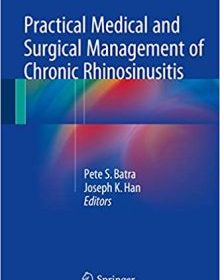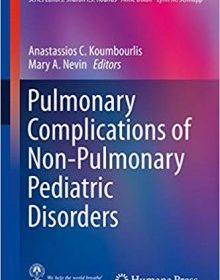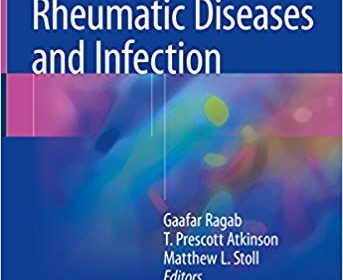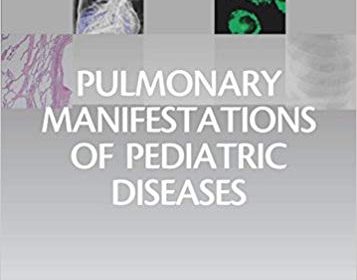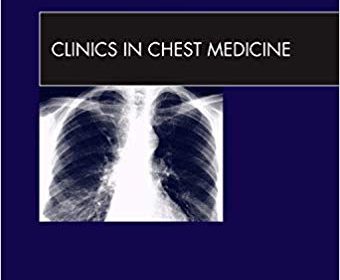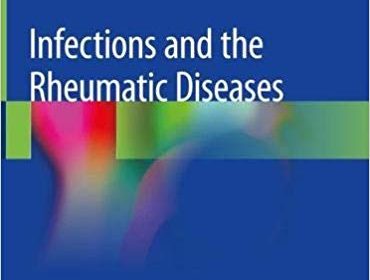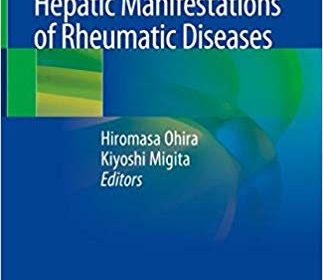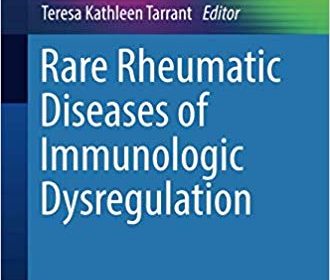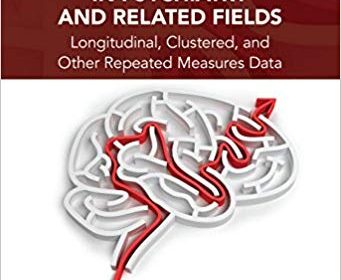Diagnosis and Endoscopic Management of Digestive Diseases: New Tools and Strategies
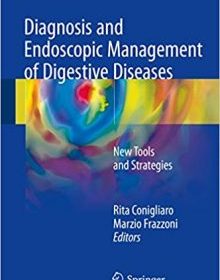
Diagnosis and Endoscopic Management of Digestive Diseases: New Tools and Strategies
In this book, leading international experts describe and discuss the various techniques available for the screening, diagnosis, management, and follow-up of digestive diseases, providing clinically useful, up-to-date reviews that draw upon their own experience and focus attention on the most recent advances in the field. Among the wide range of topics covered are the use of confocal laser endomicroscopy in the gastrointestinal tract, endoscopic suture systems, endoscopic submucosal dissection, per oral endoscopic myotomy, and cholangioscopy systems. The experience of a leading surgical group in the application of endoscopic radiofrequency ablation in pancreatic cancer is reported, and new surgical and endoscopic techniques for the treatment of Zenker’s diverticulum are proposed. The closing chapters examine the present and future of esophageal motility testing and the diagnostic yield of novel parameters in reflux monitoring. In addition to the discussion of techniques, advice is provided on training, endoscopy and imaging equipment, and set-up of endoscopy units during procedures.









